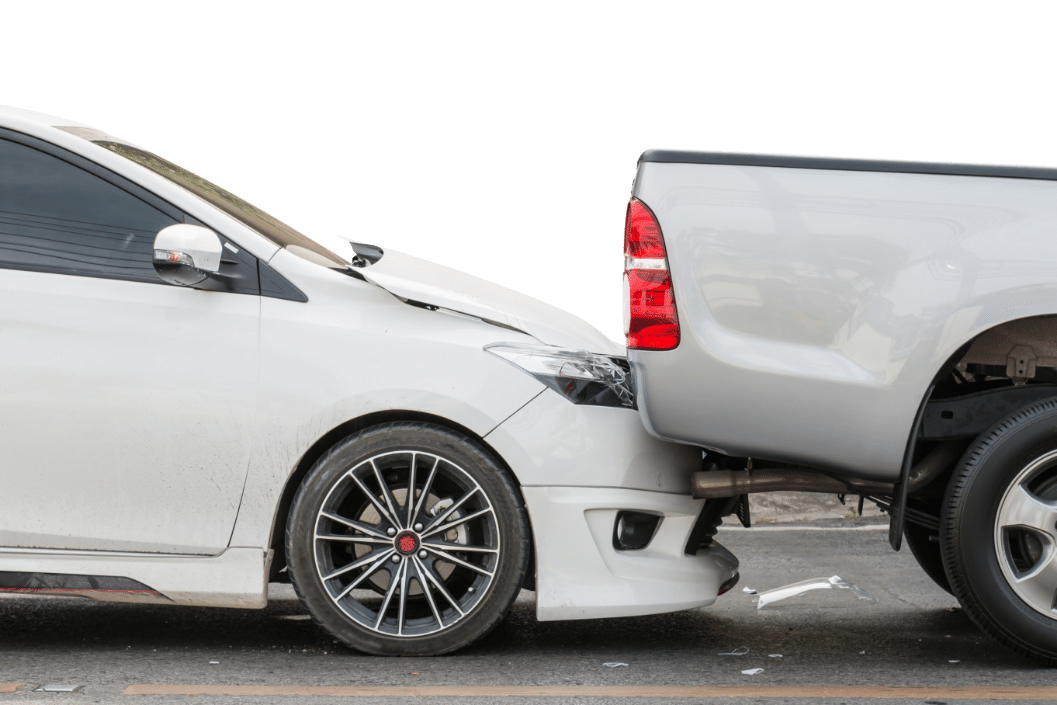Home » GPS
GPS Tracking & Historical Trip Data Feature
Proof dash cam comes with GPS tracking capabilities that offer several benefits to vehicle owners. This article will delve into the specifics of how GPS tracking works, the data it records, and the benefits of having this feature on a dashcam. We’ll also address some frequently asked questions and concerns regarding privacy and consent.
How GPS Tracking Works on a Dash Cam
GPS tracking on a dashcam uses satellite technology to track the vehicle’s movements, location, and speed. The data recorded includes the vehicle’s current location, historical trip data, and geo fence boundaries. This information is recorded and can be accessed by the owner through the dashcam’s application or software.
Data Recorded by GPS Tracking
The dashcam’s GPS tracking records the vehicle’s movements and stores historical trip data. This data includes the vehicle’s location, speed, and start/finish of each trip. The data can be used to track mileage used for business purposes, monitor young or learner drivers, and even find lost or stolen vehicles.
Privacy Concerns Regarding GPS Tracking
While GPS tracking on a dashcam provides several benefits, it also raises privacy concerns. It’s important to note that consent should be obtained from anyone driving the vehicle before using GPS tracking. Additionally, unauthorized tracking of someone’s vehicle without their knowledge or consent is a violation of privacy protection laws and can result in criminal and civil charges.
Finding lost or stolen vehicles
GPS tracking can help locate a vehicle in case of theft or when it’s lost.
Monitoring young or learner drivers
GPS tracking allows parents to monitor their young or learner driver’s movements, speed, and location to ensure their safety.
Business expense tracking
GPS tracking can be used to track mileage used on business trips, which can be used for tax purposes or to reimburse employees.
Potentially lower insurance quotes
GPS tracking can be used to track mileage used on business trips, which can be used for tax purposes or to reimburse employees.


Your safety. Your family. Your money.
Your reputation. Your time.
100% risk-free with a 60-day trial period
Your safety. Your family. Your money.
Your reputation. Your time.
100% risk-free with a 60-day trial period


FAQs:
No, GPS tracking on a dashcam doesn’t use cellular data. GPS tracking relies on satellite technology to receive signals from the Global Positioning System (GPS) to determine the vehicle’s location and movements. Cellular data is only used when you access the dashcam’s GPS tracking data remotely through its application or software.
GPS on a dashcam is accurate within several feet. The accuracy of GPS tracking is dependent on several factors, including the quality of the GPS receiver, the number of satellites in the area, and atmospheric conditions. In general, GPS on a dashcam is accurate enough to determine the vehicle’s location and movements accurately.
Yes, the dashcam can track GPS without a phone. The GPS tracking feature on a dashcam works independently of any phone or device. The dashcam has a built-in GPS receiver that receives signals from the GPS satellite system to determine the vehicle’s location and movements. However, to access the GPS tracking data, you need to connect the dashcam to its application or software.
GPS tracking can be beneficial for vehicle owners who want to monitor their vehicle’s movements and track historical trip data. GPS tracking on a dashcam can help locate a lost or stolen vehicle, monitor young or learner drivers, track business expenses, and potentially lower insurance quotes. Additionally, GPS tracking can be useful for monitoring driver behavior, accident reconstruction, and ensuring that your vehicle is being used for its intended purpose.
No, GPS tracking on a dashcam requires the vehicle’s engine to be running. The GPS receiver on the dashcam relies on the vehicle’s battery to power it. When the engine is off, the dashcam can still record video but cannot access the GPS tracking data.
